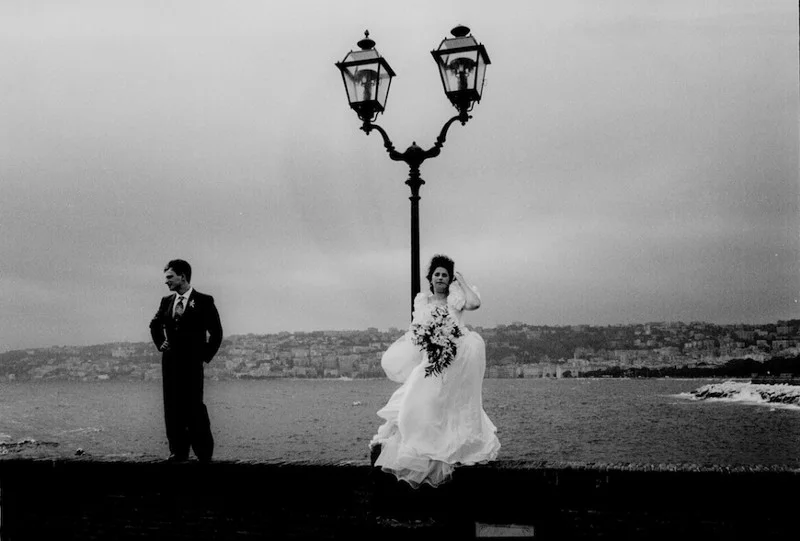A Scientific Experience Revisited
Swedish artist, writer and director Marcus Lindeen’s latest film The Raft is an illuminating documentary about Mexican-Spanish anthropologist Dr Santiago Genoves’s infamous scientific experience carried out in the 1970s. Six women and five men spent 101 days adrift on the Atlantic Ocean on the raft named Acali without a motor for the plain purpose of finding out whether humankind is naturally violent or external factors trigger them to become aggressive and destructive. Screened as part of the competition of Nordisk Panorama 2018, the documentary is beautifully choreographed and genuinely hypnotizing audiovisually, and it might remind some of the viewers of The Visit (2015) by Danish film-maker Michael Madsen.
The Raft, deploying the typical documentary techniques, is more than just the tale of the events happened over four decades ago, as it spins it further by revealing new details and placing them in a new context. The film opens with a compelling establishing shot filmed under an airplane departing, which undeniably sets the mood of the film, prepares the audience for an adventurous ride, and also refers to the place where Dr Santiago Genoves got the idea for his experiment. ‘I was lucky to be hijacked on a plane to Cuba’, explains first-person narrator. Daniel Giménez Cacho’s persuasive and fruity voice, reading Genoves’s journals and reports, creates calmness and turns the scientist into an ostensibly protective father figure. His words are supplemented by archival footage of joyous moments and telling talking head interviews with the living members of the Acali crew. To enhance authenticity, the same type of raft had been built and placed in a huge, theatre-like room surrounded by black curtains, where the former participants revisit, reconsider and sometimes re-enact the events. Marcus Lindeen plays along with the idea of a performance; he doesn’t even shy away from showing footage is usually cut out of films.
With his specific film style, Lindeen smartly evokes and illustrates what the life on the raft dictated and influenced by Genoves actually was like. The contrast between the colourful and playful images of the past and darker toned images of the present launch a claustrophobic yet cosmic and hypnotic visual journey augmented by the mesmerising music and sounds. The slow pace of the film, sometimes even capturing the moments as a sequence of a time-lapse video, strengthens the feeling of floating on water and losing track of time. It also adds up to the atmosphere set, which nearly comes across as artificial – again reflecting on the settings of Genoves’ experiment. With the difference that now Lindeen plays the role of the conductor, the observer, letting the members of the orchestra perform their own solos and improvise freely.
The director succeeds in visualising a social commentary on human nature, racism, sexism, machismo, authorship, intimacy and stereotypes while producing a documentary playing with the genre. The Raft, being a (self-)reflexive piece on multiple levels, demonstrates a clear vision, thoughtful execution of ideas and a detailed reconstruction of the experiment conducted. Lindeen masterfully navigates his own raft with the former participants, and the viewers invited on board too.
Originally published on Cinema Scandinavia


